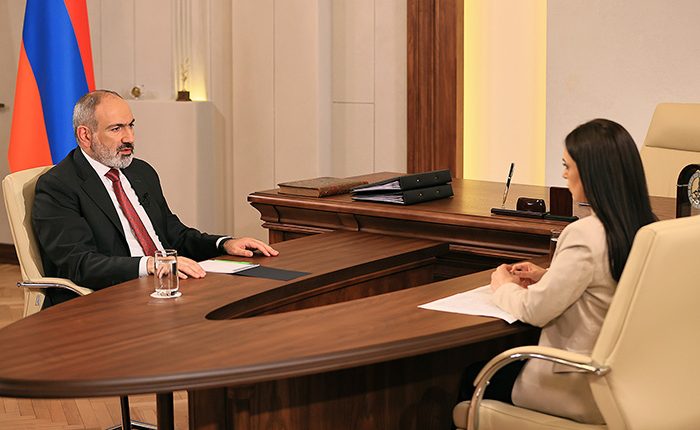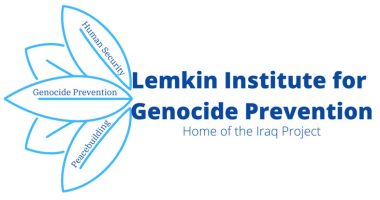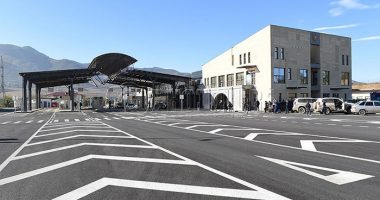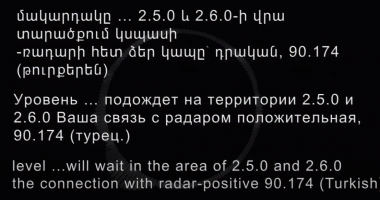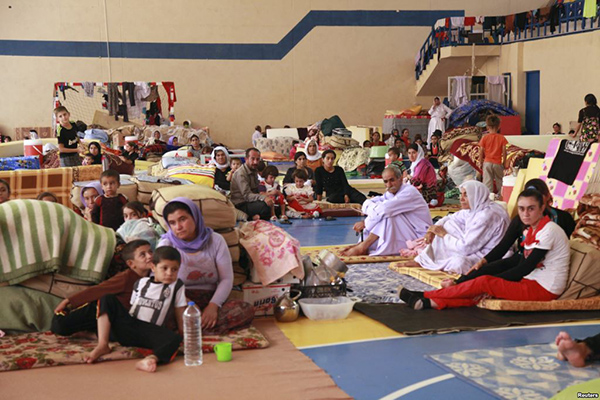This week, Armenian Prime Minister Nikol Pashinyan hosted an online press conference to address questions from journalists and non-governmental organizations. This is not the first time that Pashinyan has faced the media and the public with a long press conference. He answered several dozen questions for 3.5 hours addressing the following: relations between Armenia and Azerbaijan, Armenia and Turkey, the internal politics of the government, the slow progress of judicial reforms, chatter about the enrichment of his family and his political circle, and freedom of the former rulers and opposition activities in the last few months. The Prime Minister answered each and every question exhaustively and calmly, even though the format of the press conference and the fact that the questions were presented in advance, would have allowed him to avoid the “difficult” ones.
Before the press conference was held, information was circulated that several media outlets decided to boycott the Prime Minister’s press conference, arguing that their journalists were deprived of the opportunity to ask questions face to face, and in this format, their inquiries could be ignored, rewritten and/or distorted.
To tackle the subject head-on, the first question addressed to the Prime Minister was: “Why do you avoid face-to-face press conferences with the media? What are your fears about direct contact with former colleagues?”
In response, the Prime Minister stated: “It’s strange, that the question asks, why do you avoid a direct question when this direct question is being aired. The outlets that are boycotting this press conference are part of political forces that lately have been involved in a wide range of boycott activities.”
It should be noted here that most of the complaining media are directly or indirectly financed and controlled by Robert Kocharyan, Serzh Sargsyan, or people close to them. These outlets ignore the fact their main mission is to provide reliable information to their readers and listeners, and not to engage in hostile political activities and open propaganda against the government. Today, in Armenia, the press has the rights and freedoms to criticize the political leadership and take on the role of a watchdog against governmental abuses. However, when they enter the role of spreading misinformation and join protesters cursing on the street, that’s when they stop being defenders of the press and become engaged in “yellow journalism,” a distinction given internationally to newspapers that spread false and misleading information. It is true that the ruling party in Armenia also has media outlets that support its policies and promote its achievements, but we do not see any blatant misinformation or false news coming from their side.
The media outlets demanding “face-to-face” press conferences should be reminded that their sponsors, Kocharyan and Sargsyan, during their time in office, never faced the media with open press conferences. Their contacts with journalists were very limited, and under carefully arranged conditions, only answering pre-screened questions.
K. KHODANIAN
“MASSIS”

